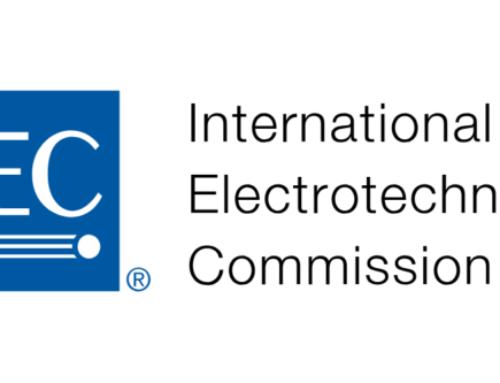Logistics lays the foundation of modern economy, and road freight is an essential part of logistics. Given that people are seeking solutions to global warming, cutting down carbon emissions of road freight can be something we can embark on.
Transportation industry accounts for 12% of China’s annual greenhouse gas emission, with road freight taking a great share of over 48% of carbon emissions. When it comes to road freight, it often comes up with a huge problem: empty- loaded rate. Freight trucks often run without cargoes before loading and after unloading, which is an inevitable waste of resources. Moreover, renewable resources are not sophisticated enough for medium-sized and heavy lorries, which means we must find methods to reduce carbon emissions of road freight. Therefore, if we keep this waste to the minimum, the rewards would be great.
To solve this dilemma, T/CSTE 0024-2022, Technical specification on assessment of greenhouse gas emission reductions for intelligent road freight matching system, was published by the Chinese Society of Technology Economics, an organization committed to combining technology and economy. With support from the China Classification Society, the technical specification is initiated by Full Truck Alliance, who established a smart logistics platform to realize car-to-cargo matching. Based on big data technology, the platform helps allocate orders and notably reduces the empty-loaded rate. Also, the specification offers a method to calculate carbon emission reduction of the platform. In 2021, thousands of drivers have reduced 14 grams of carbon emission per ton-kilometer on average by using the platform.
The technical specification is expected to make road freight cleaner and more efficient.
Source: China Standardization Magazine, 3rd Issue, 2022




